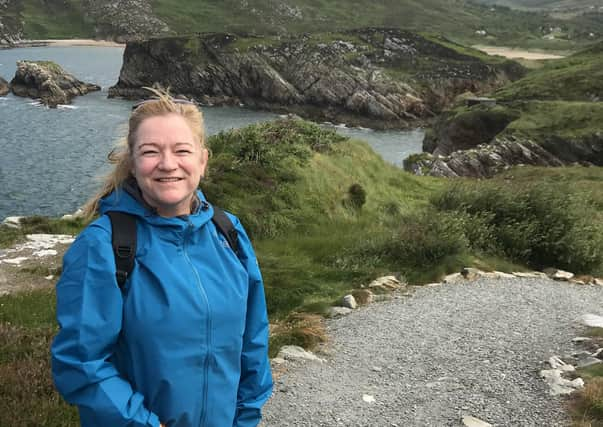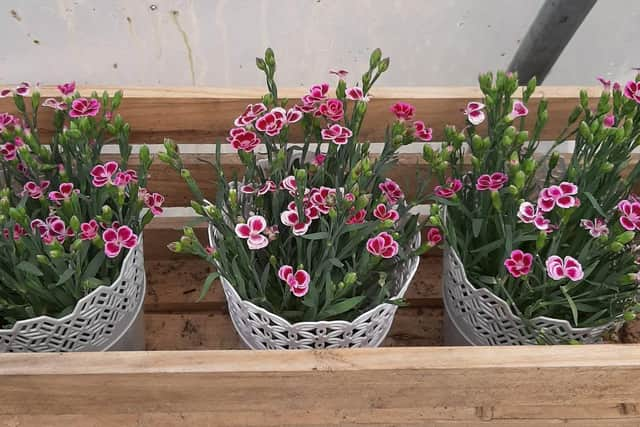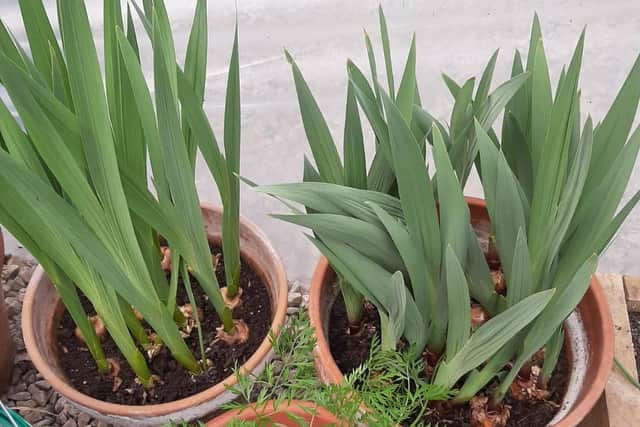Nature In Mind: Urban Ecotherapy for All
This article contains affiliate links. We may earn a small commission on items purchased through this article, but that does not affect our editorial judgement.


For me, Ecotherapy is a lifestyle. With 25 years professional experience in mental health education and lived experience of a bipolar diagnosis unsuccessfully treated by medication, hospitalisation and psychotherapy, it’s fair to say that I know the value of good mental health.
Once I made the connection between my own mental health and nature, strengthening and maintaining that connection became my priority. I chose to live in the countryside, immersed in nature, sea swimming, wild camping and hill-walking all year round. I opted for simplicity, completely devaluing financial wealth, possessions and status. I disconnected to reconnect, and it worked for me. My mental health has never been better.
Advertisement
Hide AdAdvertisement
Hide AdFor many people, this lifestyle isn’t an option. For others it sounds like a nightmare that they wouldn’t choose, even if it was an option. It’s not for everyone, but it doesn’t have to be.


The beauty of Ecotherapy is that you choose how it works for you. Studies show that even just looking at pictures of natural environments can reduce stress, so if that’s as far as you want to go into the wilderness right now, then that’s the Ecotherapy for you.
Of course, being outdoors is the best way to connect with nature, and there are many ways to do this when current restrictions are lifted. Until then, why not use the space and resources you have to appreciate the natural world and feel closer to it.
Get out a dander
Even on a short walk in an urban area, choose tree-lined streets and a route that takes you near a park, green or water. While walking, consciously avoid looking at grey buildings, cars or your phone; instead focus on trees, shrubs and so-called weeds growing in drains and up through cracks in the pavement. Remember, there is always nature and open space above you. Look up at the sky! Pay attention to the clouds and the birds. Shifting your attention in this simple way can change your mood.


Garden / terrace / balcony
Advertisement
Hide AdAdvertisement
Hide AdWhether you have a huge garden or a single potted plant on the front step, just having your hands in soil and breathing in the smell will give you the benefits from antidepressant microbes. It doesn’t matter if you don’t know a daffodil from a dandelion, being an expert isn’t the point, being in the moment is.
When in the garden, take your shoes off and walk barefoot on the grass to absorb the earth’s electrons for natural stress relief.
Indoors
Even without leaving the house, we can still create a more natural indoor environment. Especially in the morning, open all blinds and curtains to let in as much natural light as possible. Open windows to change the air and let it circulate.
Nurturing houseplants gives us a sense of connection, purpose and achievement, as well as cleaner air to breath. A wee herb plant on the windowsill also provides healthy food for mind and body.
Advertisement
Hide AdAdvertisement
Hide AdEssential oils will fill your home with the fresh woody citrus scent of a forest to ease anxiety and enhance a sense of calm. Hinoki is especially good for this.
Pets can provide companionship, unconditional love and a healthy bond for humans. This is also a commitment, so please consider volunteering for a local animal charity first.
Technology
CDs and apps of nature sounds provide a background of birdsong, rustling leaves or a babbling brook for a relaxing ambience. Apps for bird, insect and plant identification allow us to connect with nature through knowledge.
Try collecting leaves on your short walk to identify when you get home. This will help to focus your attention on trees and plant life on future walks.
Wildlife Trust Webcams
Advertisement
Hide AdAdvertisement
Hide AdIf you must be indoors looking at a screen, use the screen to watch wildlife in its natural habitat; this may spark an interest in local wildlife that you were previously unaware of. Because you are a human being, you are innately connected to all of nature. This may be a connection that you haven’t valued, or even thought about before. But once you understand it as an essential part of your emotional wellbeing you will find ways, however small, to strengthen that connection and always keep nature in mind.
*Privately run Nature in Mind Ecotherapy courses are available by contacting Michaela at: [email protected], telephone 0044 7517936613
@withnatureinmind